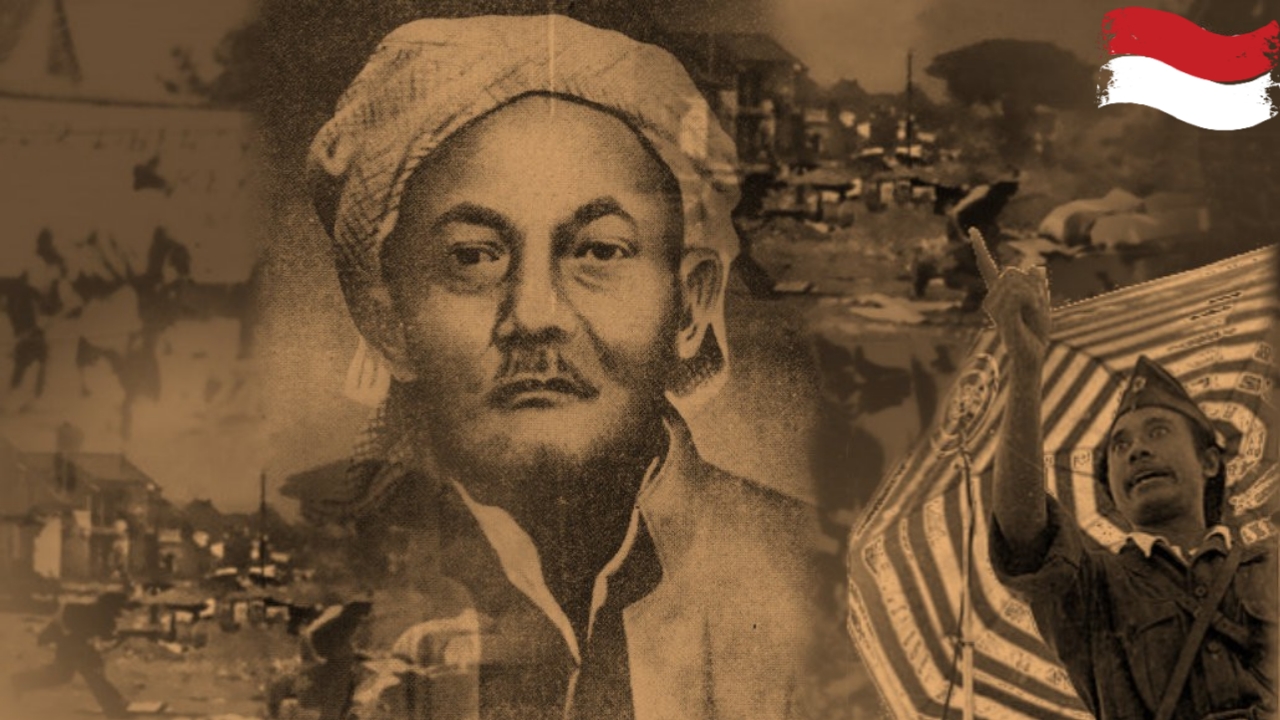In Islamic discourse, the pursuit of knowledge or tholanul ilmi is an obligation for all Muslims without exception. Besides being a duty, seeking knowledge also carries many virtues, one of which is mentioned in the Qur’an, stating that the learned will have their status elevated by Allah SWT. In this educational process, the place where knowledge is sought plays a vital role in the growth and understanding of students. One such place for Islamic education, unique to Indonesia and a cradle for many scholars, is the Islamic boarding school, or pesantren.
Pesantren is one of the oldest forms of Islamic education in Indonesia, first introduced by the Wali Songo around the 15th-16th centuries AD. Over centuries, this educational institution has flourished especially in Java. Maulana Malik Ibrahim (died 1419 AD in Gresik, East Java), known as the Spiritual Father of the Wali Songo and often viewed by Javanese students as the teachers’ teacher in the pesantren tradition of Java, is of notable mention. In addition to Maulana Malik Ibrahim, Raden Rahmat, also known as Sunan Ampel (1401-1481 AD), established a pesantren named Ampel Denta.

Oral history prevalent in the Nusantara community suggests that older, larger pesantrens outside of Java were inspired by the teachings of Wali Songo. Although the roots and beginnings of the pesantren can be traced back to the Wali Songo period, this Islamic educational institution in a modern sense only emerged in the 18th and 19th centuries.
Pesantren and the Struggle for Independence
Throughout their development, almost all pesantrens during the colonial period resisted Dutch colonization. History records national heroes from pesantrens, such as Imam Bonjol, Pangeran Diponegoro, Pangeran Antasari, Sultan Agung, Sultan Babullah, Sultan Hasanuddin, Teuku Umar, Cut Nyak Dien, Cut Meutiah, and others.










